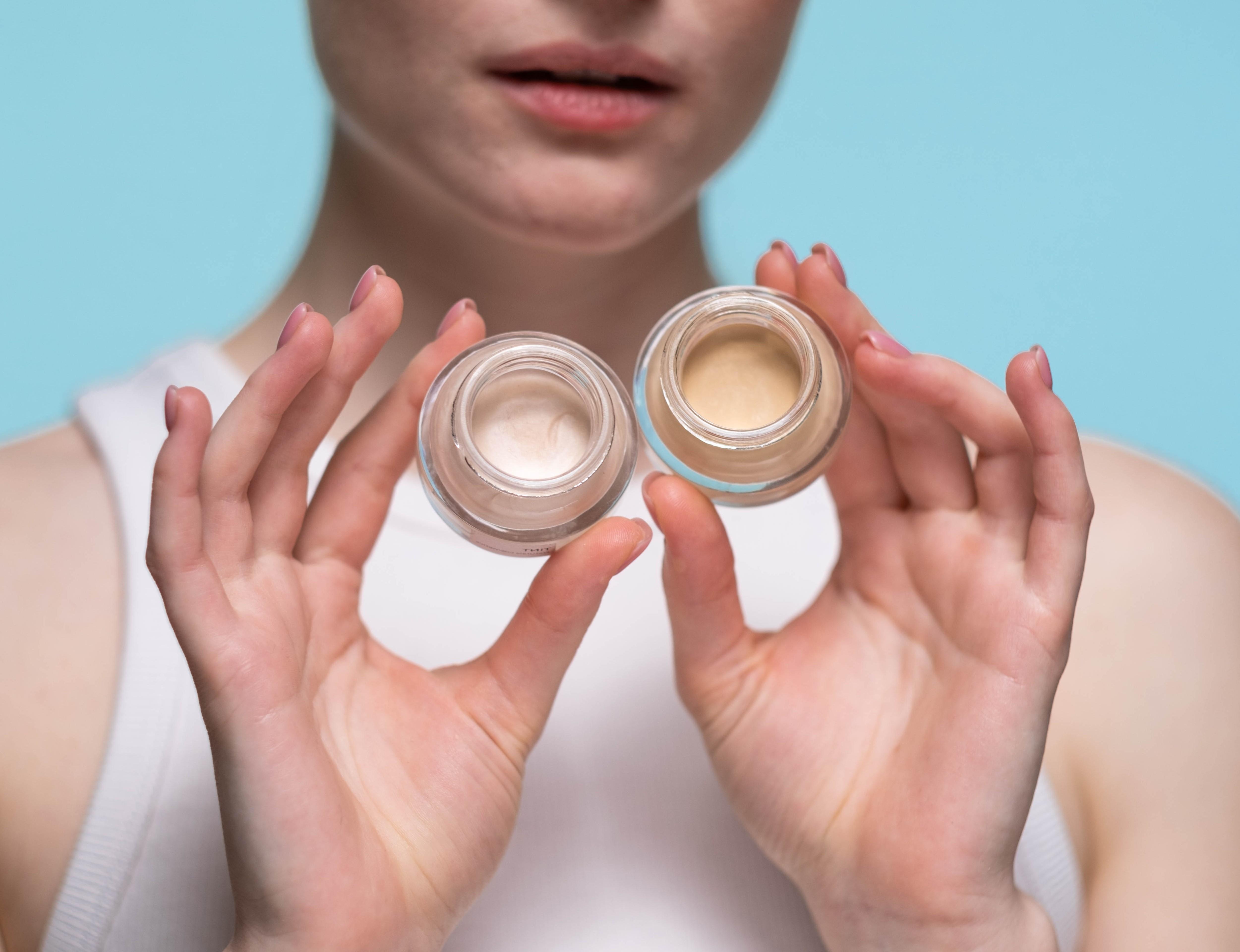Anti-Aging Cosmetics Products Market Trends, Development, Share, User-Demand, Industry Size 2030

Market Overview
Anti-Aging Cosmetics Products Market Size is expected to register a growth rate of 5.5% during the forecast period of 2022 to 2030 to reach USD 61.75 Billion by 2030.
Market Dynamics
Anti-aging cosmetics are a large category of goods promoted with the goal of making customers appear younger by minimizing the indications of aging. It encompasses skincare and haircare products that have the ability to enhance an individual's appearance and make them appear younger than their true age. In recent years, the worldwide market has been regarded as one of the most alluring. As more people began to value their appearance, market demand increased, resulting in market expansion. Numerous market drivers contribute to the worldwide anti-aging cosmetics products domain's overall attractiveness. Several significant causes are the growing awareness of skin aging and the greater availability of a diverse product selection. Customer awareness of anti-aging cosmetics and procedures may have a significant impact on the market's performance during the anticipated period. The discovered anti-aging cosmetics products market trends may have a favorable effect on the market's attractiveness.
The COVID 19 epidemic has had a significant impact on the anti-aging cosmetics business. As a result of the viral outbreak, some countries' governments implemented severe controls and guidelines to limit the risks and health complications associated with anti-aging cosmetics and procedures. It has imposed additional constraints on operational enterprises, impeding their capacity to expand their share of the global market. However, the market is projected to rebound, and profitability may grow within the forecasted time.
Segmental Analysis
The Anti-Aging Cosmetics Products Market Trends can be further classified by product type into skincare, hair care, and others. Throughout the forecast period, the skincare sector of the market is expected to perform well and contribute to the worldwide market's revenue growth.
The anti-aging cosmetics products market can be further classified into natural and conventional goods based on the nature of the offering. The traditional sector is likely to be a significant contributor to the enlarged market size throughout the forecasted period.
According to the distribution channel, the anti-aging cosmetics industry can be classified into store-based and non-store-based channels. The store-based category is predicted to expand significantly throughout the forecast period, contributing to the worldwide market's increasing revenue.
Regional Overview
The Anti-Aging Cosmetics Products Market Share can be classified geographically into North America, Europe, Asia Pacific, and the rest of the globe.
North America, particularly the United States of America, is the market leader on a global scale. The region is likely to lead the global market throughout the forecast period, owing to an increase in cosmetic operations and an aging population.
The rising use of skincare and cosmetics in emerging economies such as China and India, owing to rising worries about acne, sunburns, melanoma, and the negative effects of UV radiation and pollutants, is expected to favorably impact market growth. Consumers in the region are more concerned about early indications of aging, which is projected to drive demand. China is a significant contributor to the global cosmetics and skincare market's growth, both in terms of consumption and production, particularly in the anti-aging, skin lightening, and sun care categories.
Competition Dynamics
The industry for anti-aging cosmetics is regarded a highly competitive and dynamic sector in the twenty-first century. Due to the market's great desirability, various commercial organizations have entered the terrain, escalating rivalry. To grow their captured proportion of the global market, businesses place a premium on their business strategy. Some of the major market players that have been playing a dominating role ae Unilever PLC, Allergan PLC, L'Oreal S. A., The Estee Lauder Companies Inc., Lotus Herbals Pvt. Ltd., The Himalaya Drug Company, The Procter & Gamble Company, Kaya Limited, The Face Shop Co. Ltd, and PhotoMedex, Inc.
NOTE: Our Team of Researchers are Studying Covid19 and its Impact on Various Industry Verticals and wherever required we will be considering Covid19 Footprints for Better Analysis of Market and Industries. Cordially get in Touch for More Details.
Contact us:
Market Research Future (part of Wantstats Research and Media Private Limited),
99 Hudson Street,5Th Floor, New York, New York 10013, United States of America
- Global_Anti-Aging_Cosmetics_Products_Market
- Anti-Aging_Cosmetics_Products_Market_Overview
- Anti-Aging_Cosmetics_Products_Market_Size
- Anti-Aging_Cosmetics_Products_Market_Share
- Anti-Aging_Cosmetics_Products_Market_Research_Report
- Anti-Aging_Cosmetics_Products_Market_Growth
- Anti-Aging_Cosmetics_Products_Industry_Analysis

- Art
- Causes
- Crafts
- Dance
- Drinks
- Film
- Fitness
- Food
- Games
- Gardening
- Health
- Home
- Literature
- Music
- Networking
- Other
- Party
- Religion
- Shopping
- Sports
- Theater
- Wellness
